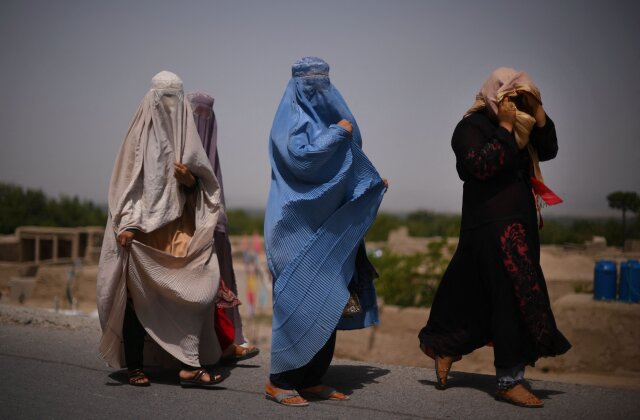Author: Anand Gopal
Affiliation: Journalist and Author
Organization/Publisher: The New Yorker
Date/Place: September 06, 2021 / New York
Type of Literature: Explainer
Word Count: 10,000
Link: https://www.newyorker.com/magazine/2021/09/13/the-other-afghan-women
Keywords: Afghanistan, Taliban, US, Occupation, Afghan women, Rights, Gender, Islam, West, War Crimes
Brief:
In this ground-breaking piece, the author shifts the focus from elite Kabul to women living in rural areas of the war-torn country where 70% of Afghans live. The author tells the account of people living in the rural areas of Afghanistan, which did not get any attention in the media, and how US occupation forces committed war crimes without any accountability. The author has spent his summers in Afghanistan, including the weeks before the Taliban regained control of Afghanistan on August 15th. The main character Shakira, a woman in her early forties and a mother of eight children, lost 16 family members to war in Afghanistan. Her family lived in Helmand province’s river valley town of Sangin when the US occupied Afghanistan in 2001. In Pan Killay village of the same valley, the author finds that each family had lost 10 to 12 civilians in what locals call the “American War.” Most times, the US side was responsible for the killings. It also discusses the criminal rule of local warlord Amir Dado who was ousted by the Taliban but later reinstated by US forces as the chief of intelligence for Helmand Province. A disastrous record of human rights abuses by a militia called the “Ninety-Third Division” are also mentioned. This militia was likewise removed by the Taliban but later reinstated by US forces. It was also the Taliban that would inform people to avoid areas seeded with Improvised Explosive Devices while US forces would use loudspeakers and helicopters telling natives: “Stay in your homes! Save yourselves!” The report also sheds light on the number of civilian deaths in Afghanistan especially how the vast majority avoided to report the killing of their loved ones for fear of reprisal. The unreported and unrelenting oppression by the US forces, which once brought smiles to the likes of Shakira, led to hate among Afghan women against the foreign forces.
By: Riyaz ul Khaliq, CIGA Non-resident Research Associate




